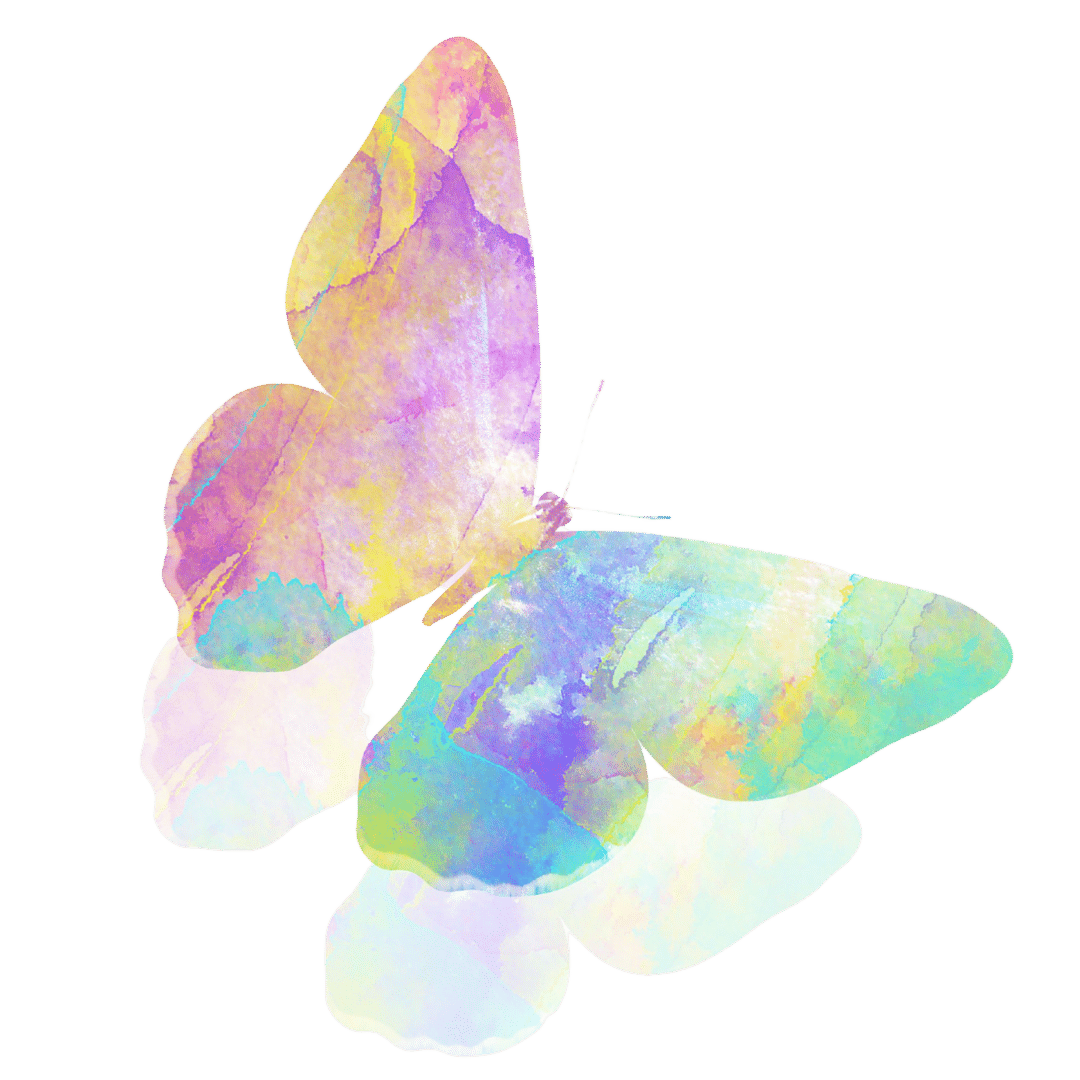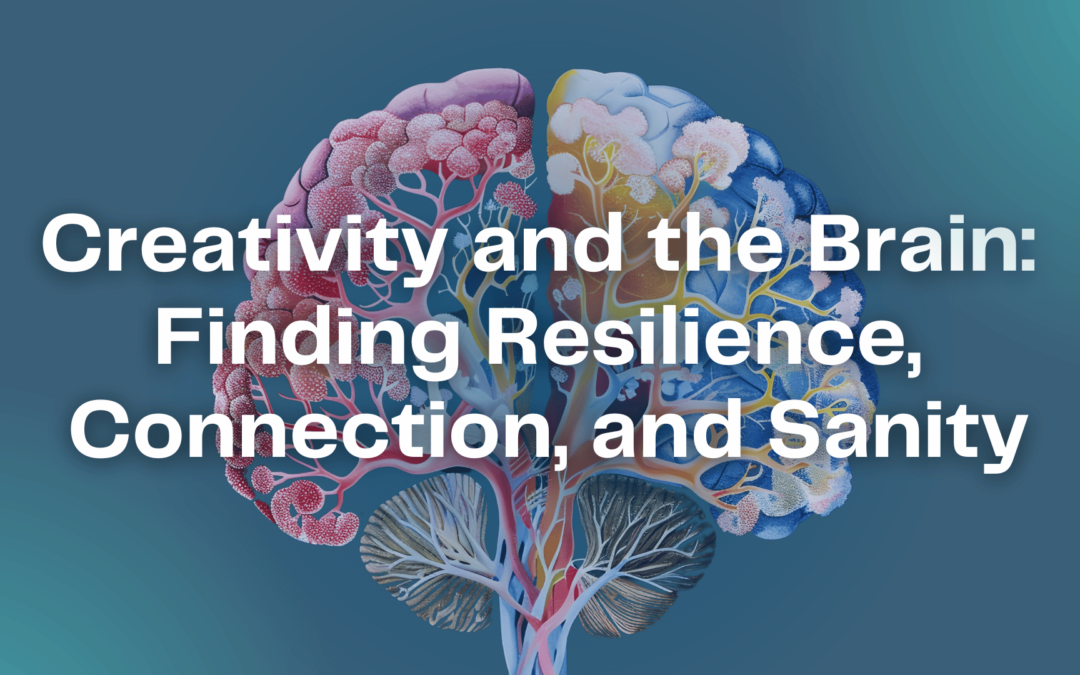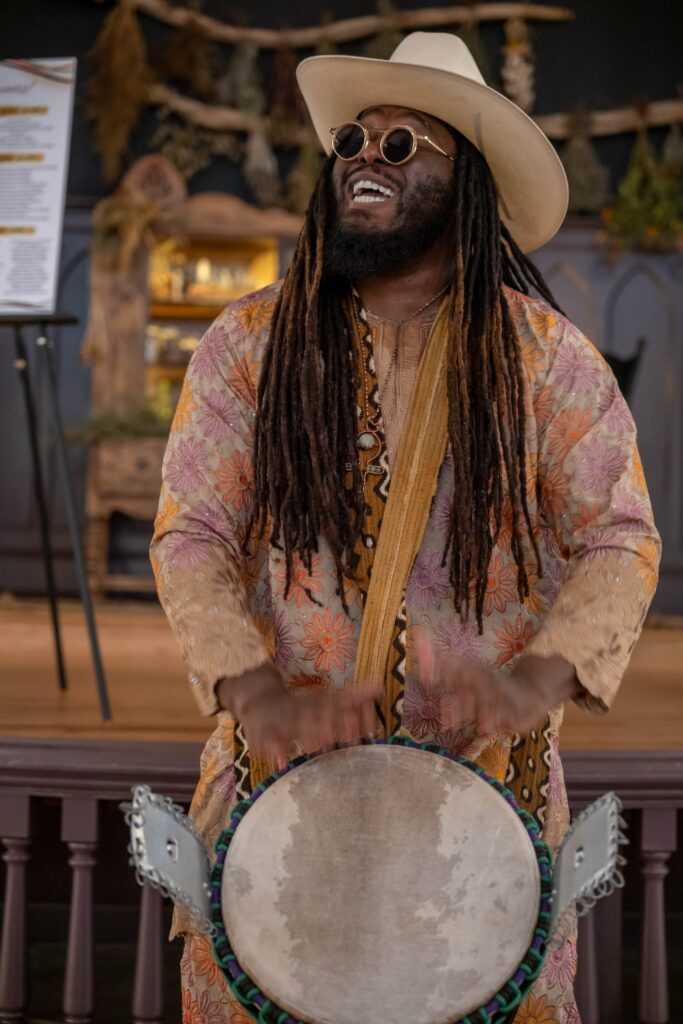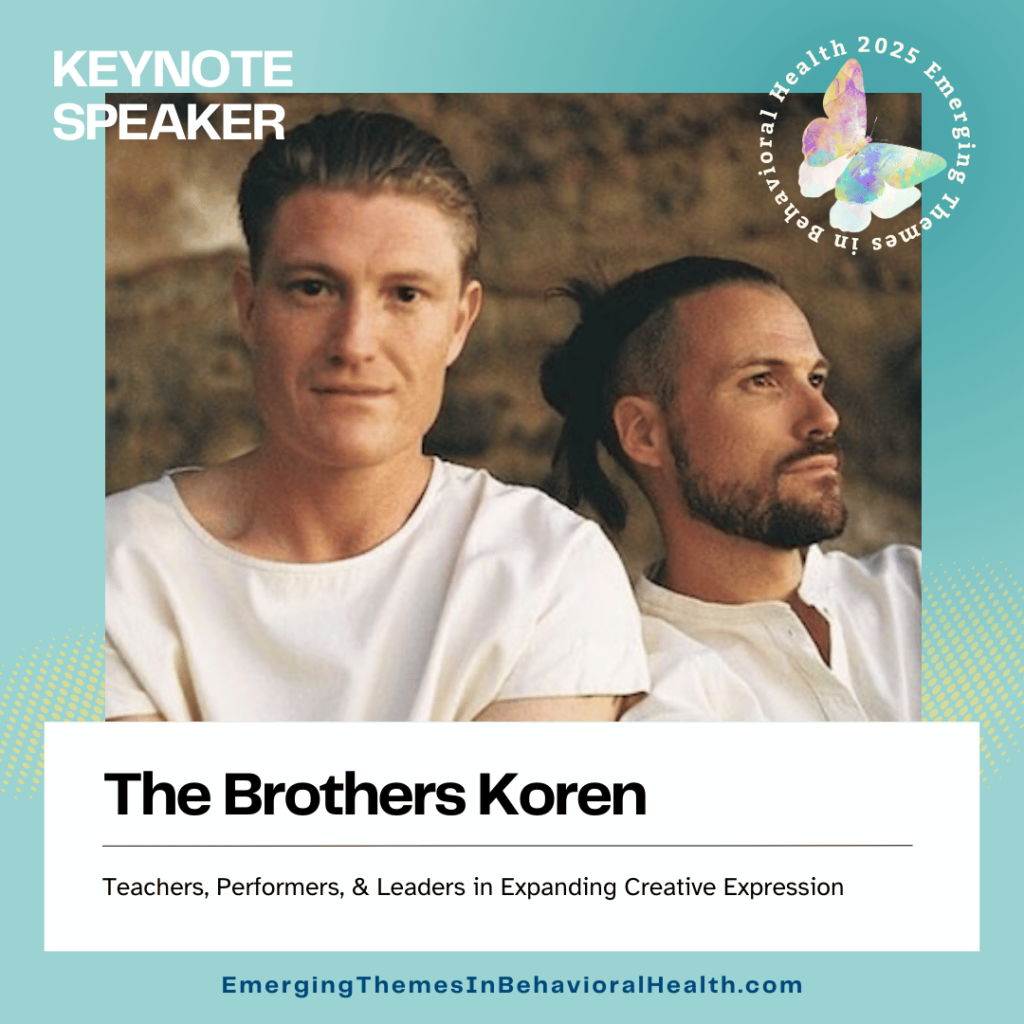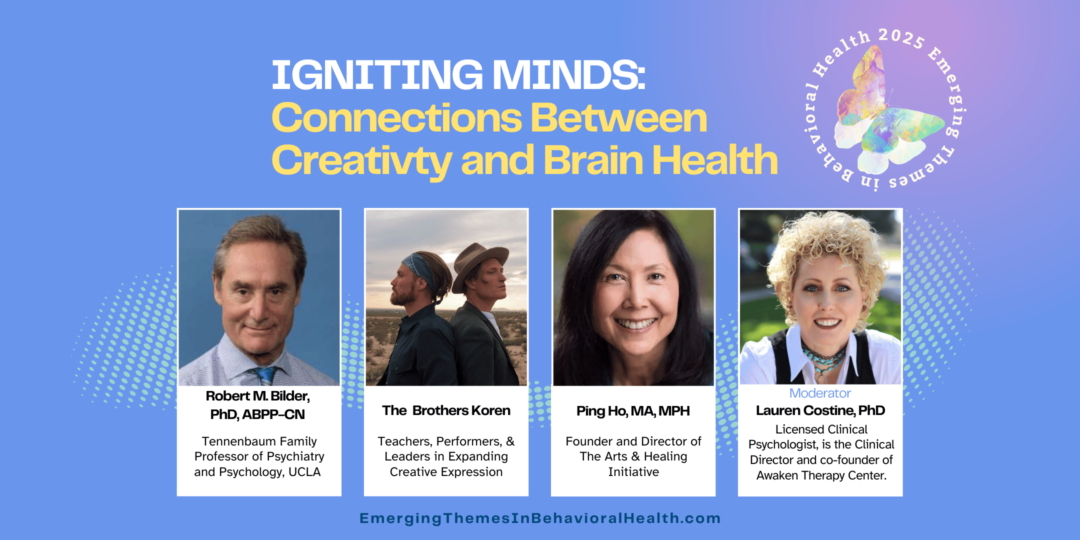Creativity isn’t just an enjoyable pastime—it’s a powerful tool for mental health. Creativity has a fundamental function in the brain playing a vital role in resilience, connection, and emotional well-being. From music and movement to visual art and storytelling, creative engagement has been shown to reduce stress, regulate emotions, and foster social connection. Creativity offers a powerful outlet for self-expression and emotional processing.
At Emerging Themes in Behavioral Health 2025, leading experts—including Ping Ho, MA, MPH (Founder and Director of the Arts and Healing Initiative), Dr. Robert Bilder, PhD (Director, Tennenbaum Center for the Biology of Creativity at UCLA, and Professor of Psychology, Psychiatry, and Biobehavioral Sciences), and The Brothers Koren (Gold Record Musicians and transformational leaders using the power of voice)—will explore the science behind creativity and how it can be used as a powerful tool for healing and personal growth.
The Science of Creativity and Well-Being
When people engage in creative activities, multiple regions of the brain work together, promoting cognitive flexibility, emotional regulation, and mental well-being. Studies have shown that activities like journaling or making art can lower cortisol levels, the hormone associated with stress. Creativity can also strengthen neural connections and encourages the brain to think in new, flexible ways, which can help improve problem-solving skills and resilience.
Neuroscientists suggest that creativity thrives at the “edge of chaos,” a delicate balance between randomness and structure that fuels mental flexibility, problem-solving, and innovation. Dr. Robert Bilder explains that creativity emerges when two critical processes happen simultaneously —novelty generation (exploring new ideas) and selection for utility (choosing what works). This dynamic interplay not only enhances creative thinking, but also strengthens resilience, adaptability, and confidence in navigating uncertainty. Dr. Bilder is a proponent of prescribing art as a recognized, reimbursable therapy. Dr. Bilder is a proponent of “arts on prescription” which refers to a growing trend where healthcare providers, including doctors and therapists, connect patients to arts and culture activities to improve their mental and physical well-being.
The Power of Music and Rhythm in Emotional Regulation
Music and rhythm have long been recognized as powerful tools for emotional healing and regulation. Research in music therapy has shown that engaging with rhythm and sound activates multiple brain regions, including those responsible for memory, emotion, and motor control. This interaction offers profound benefits for stress reduction, trauma recovery, and overall well-being.
Studies indicate that rhythmic engagement—such as drumming, clapping, or synchronized movement—directly influences the body’s stress response. When individuals participate in rhythmic activities, the brain’s limbic system (which processes emotions) interacts with the autonomic nervous system, leading to a decrease in cortisol, the hormone responsible for stress. This physiological shift promotes relaxation, reduces anxiety, and enhances mood stability.
Moreover, rhythm has a grounding effect on the nervous system, making it particularly beneficial for individuals who have experienced trauma. Trauma often disrupts the brain’s ability to regulate emotions and maintain a sense of safety. Engaging in repetitive, structured rhythms can help restore balance by synchronizing neural activity, reinforcing a sense of control, and promoting self-soothing behaviors.
Music can also be a deeply social experience. Shared musical activities, such as group drumming, singing, or dancing, foster emotional connection and empathy. Research shows that collective music-making activates the brain’s reward system, leading to the release of dopamine (which enhances pleasure and motivation) and oxytocin (a neurochemical linked to trust and social bonding). This chemical response helps strengthen interpersonal relationships and build a sense of belonging, making music a powerful tool in enhancing trust and emotional connection.
According to Ping Ho, engaging in rhythm and movement shifts energy, enhances mood, and strengthens interpersonal relationships. The body itself becomes an instrument, allowing participants to express emotions, release tension, and experience collective joy—whether through drumming, singing, or using “found sounds” (such as tapping objects in the environment), rhythm-based activities create a safe, nonverbal space for self-expression.
Music therapy practitioners often use rhythmic interventions to help individuals process emotions that may be difficult to verbalize. For example, trauma survivors may find it easier to express themselves through drumming patterns before they are able to articulate their experiences in words.
Unlocking Self-Expression Through Music
Music holds the key to helping individuals connect with their core selves. The Brothers Koren create immersive musical experiences that blend science with hands-on practice, fostering self-expression, awe, and social connection. Isaac and Thorald Koren are musicians and vocal coaches dedicated to helping individuals discover their authentic voices. They explore how full vocal expression can dissolve personal limitations, foster mental wellness, and awaken new levels of freedom and self-connection. The brothers draw from their own experiences with mental health challenges, including obsessive-compulsive disorder (OCD) and depression, to guide others on their journeys. They explore how music and the singing voice can be used as tools for healing and self-discovery. Their approach is guided by five core themes:
🎶 Generosity – Sharing your voice freely, without judgment
🎶 Curiosity – Exploring new creative possibilities
🎶 Willingness – Being open to the creative process
🎶 Awe – Experiencing wonder through artistic expression
🎶 Daring (“Dare to Suck”) – Letting go of perfection and embracing the moment
By bridging neuroscience with creative engagement, The Brothers Koren help participants tap into their innate musicality, using voice and music to enhance self-awareness and deepen social bonds.
Why Awe and Creativity Matter for Mental Health
🔹 Experiencing awe—whether through music, art, nature, or shared creative experiences—expands perspective, enhances well-being, and creates a powerful sense of unity with others.
🔹 Group creativity fosters belonging and emotional safety, making people feel supported, valued, and inspired.
At Emerging Themes in Behavioral Health 2025, participants will engage in interactive music and storytelling experiences, tapping into the transformative power of creative expression to support mental health, emotional resilience, and meaningful human connection.
Join the Movement: Creativity as a Path to Healing
Creativity is more than a form of entertainment—it is a proven method for emotional healing, stress reduction, and social connection. Whether through music, movement, storytelling, or visual art, engaging in creativity has the power to transform how we experience the world and how we heal.
